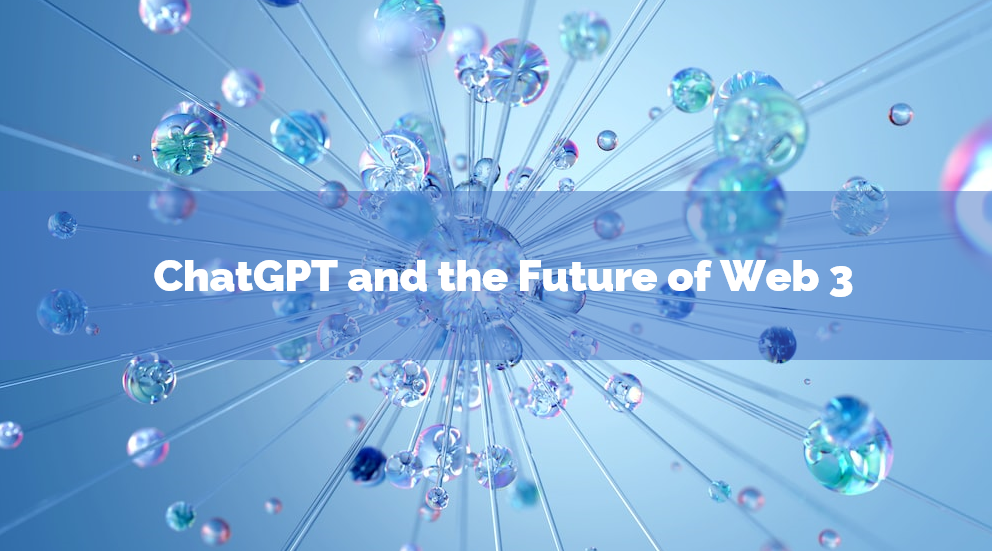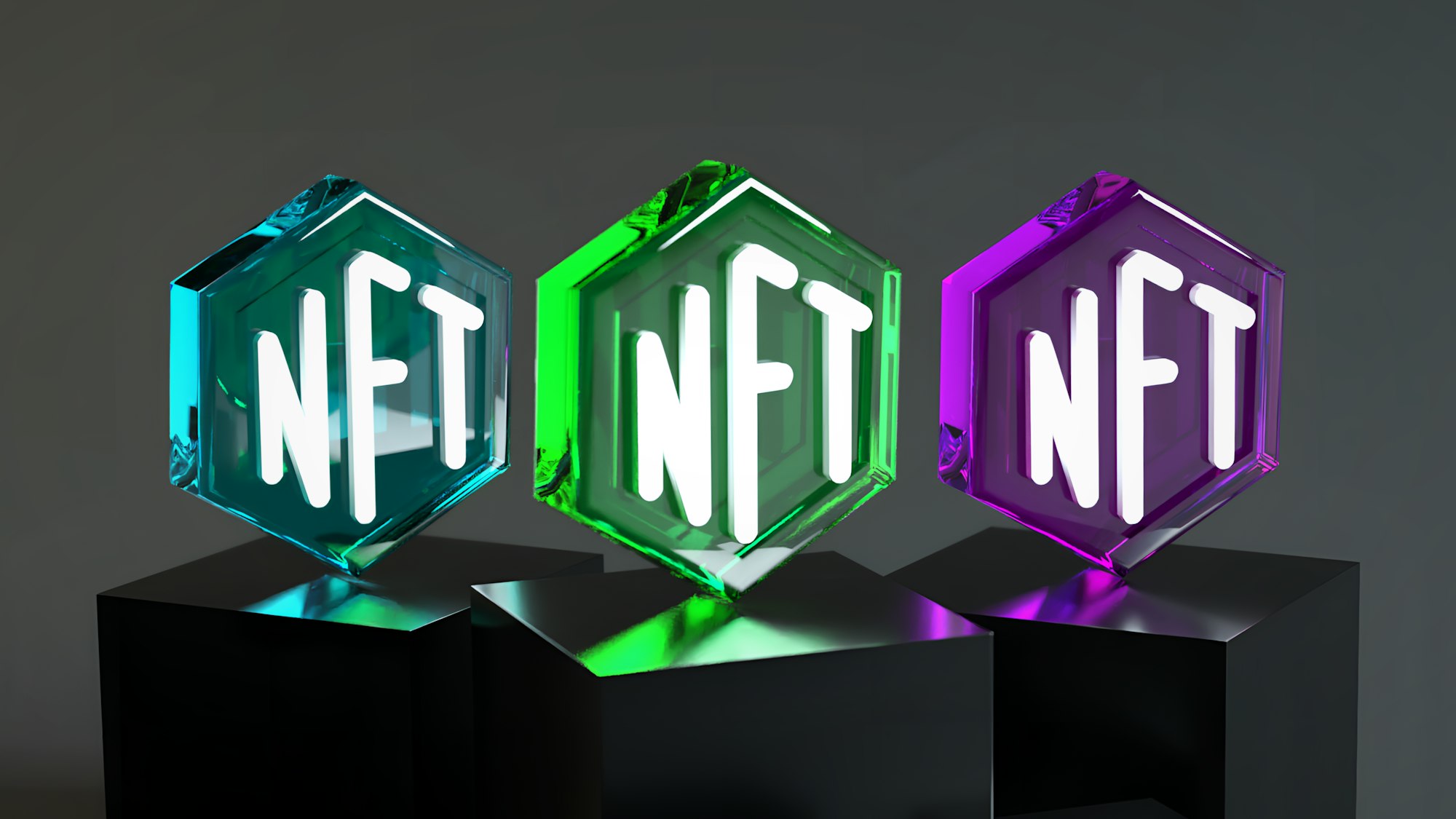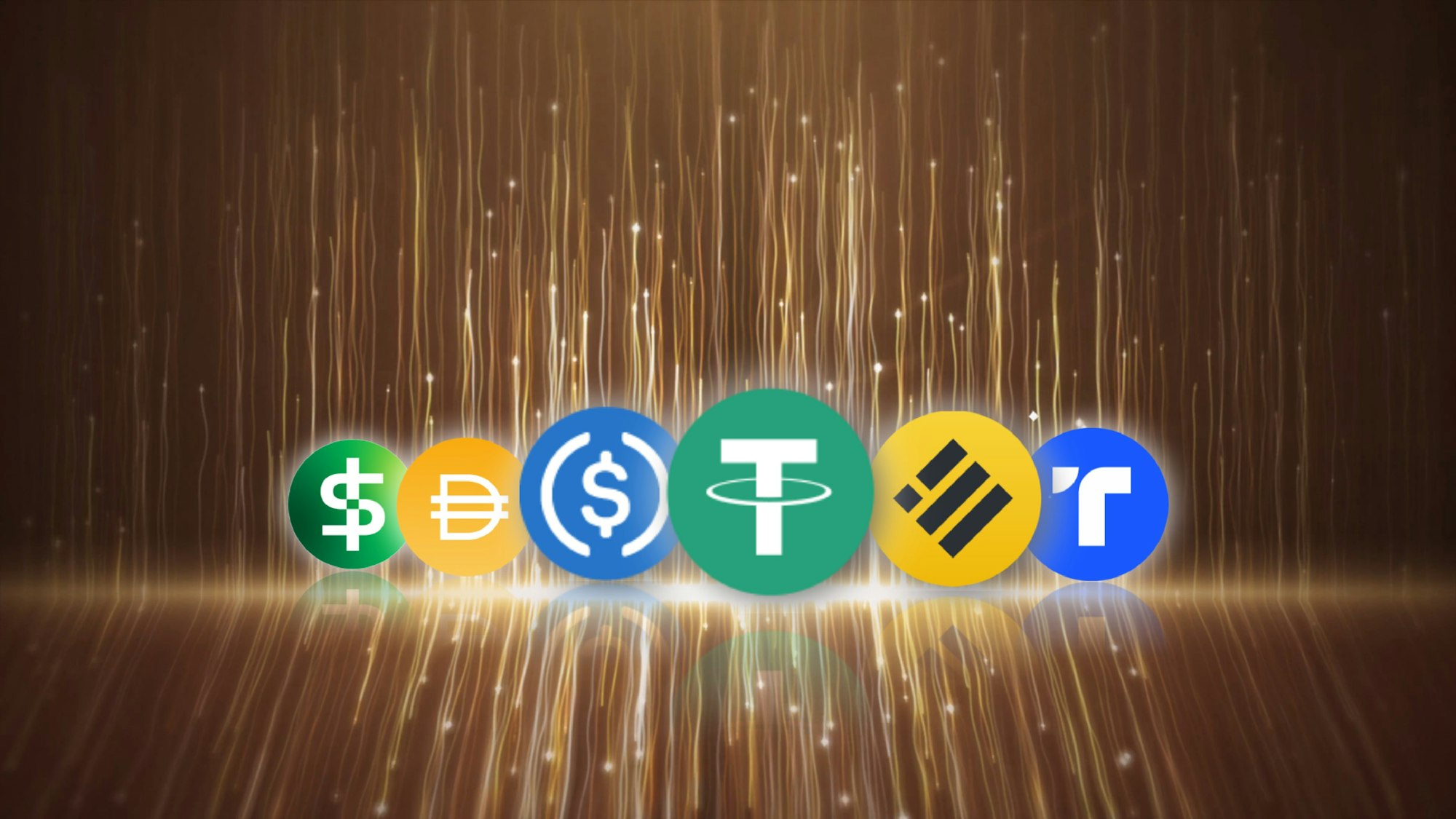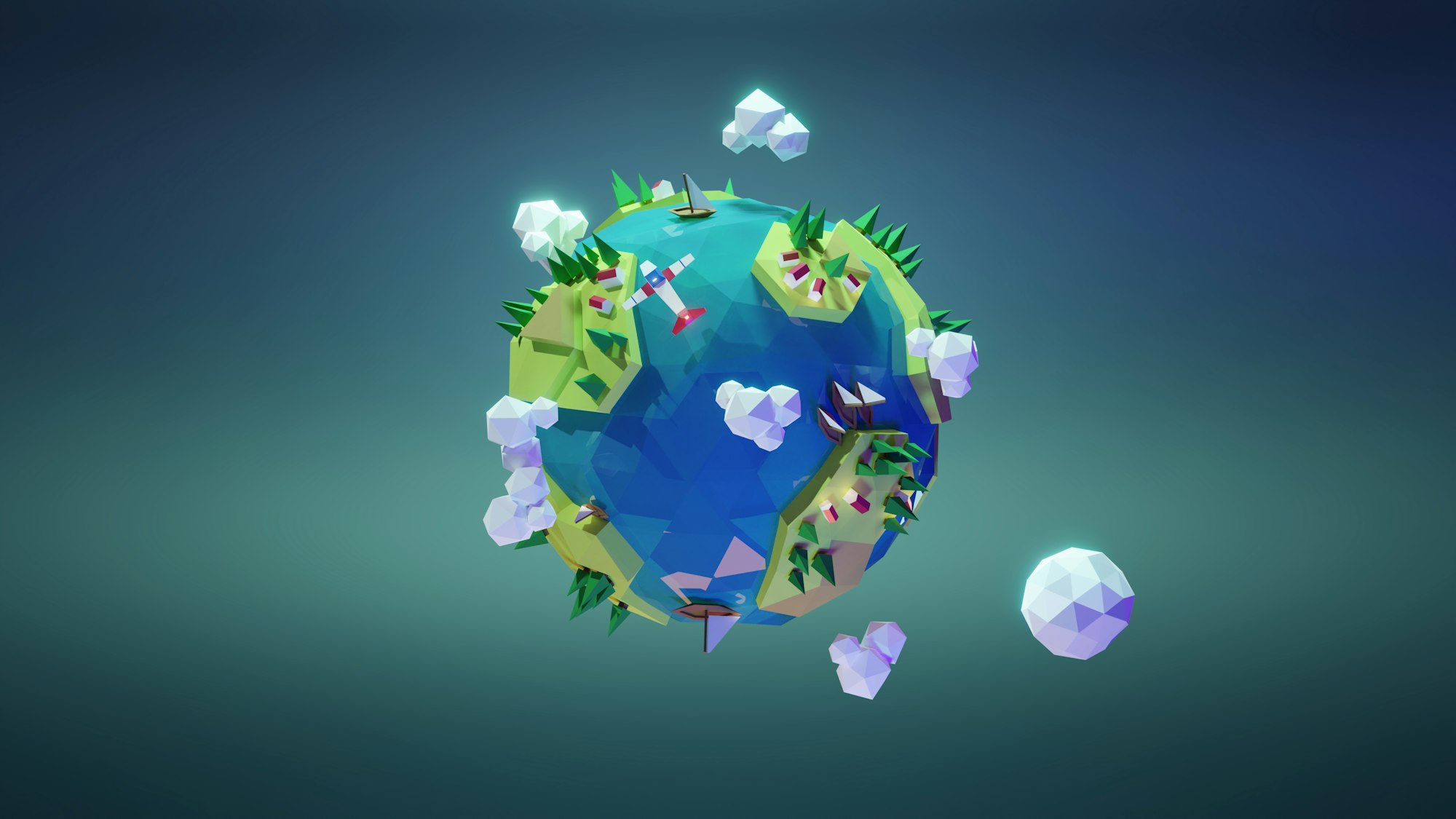ChatGPT and the Rise of the Web3 Economy: How a Chatbot Could Revolutionize the Internet

The recent release of ChatGPT, the chatbot from OpenAI, has sparked discussions about the potential disruption it poses to the Web2 economy and the opportunities it could provide for the adoption of Web3 technologies.
About Web2

Web2, with its hierarchy of websites and reliance on search, is built on a foundation of search engine optimization and the sale of user data to programmatic advertisers. But with ChatGPT's ability to quickly and efficiently answer any query, there is the potential for it to overtake the need for search and disrupt this business model. This could pave the way for the adoption of Web3 technologies, such as non-fungible tokens (NFTs), stablecoin payment systems, and metaverse projects.
NFT and Web3

The rise of NFTs, in particular, has been gaining momentum in recent years. NFTs are unique, digital assets that are verified on a blockchain, allowing for true ownership and scarcity in the digital world. This opens up new possibilities for digital collectibles, gaming, and even the creation of virtual real estate. The potential for NFTs in the Web3 economy is vast, with potential applications in areas such as art, music, and even e-commerce.
Stablecoin

Stablecoin payment systems, which use cryptocurrencies pegged to a stable asset like the US dollar, could also benefit from the shift to a Web3 economy. These systems offer the potential for faster, cheaper, and more secure transactions, making them a viable alternative to traditional payment methods. The adoption of stablecoins could also provide a boost to the wider cryptocurrency market, increasing liquidity and allowing for more seamless integration with the traditional financial system.
Metaverse

In addition to NFTs and stablecoin payment systems, the growth of Web3 could also lead to the development of metaverse projects. A metaverse is a collective virtual shared space, where users can interact and participate in a wide range of activities. This could include gaming, socializing, and even virtual work and commerce. The potential for the metaverse is vast, with the potential to create entirely new industries and business models.
While ChatGPT is not yet perfect, and still struggles with facts from time to time, its potential to drive the transition to a decentralized, Web3 economy cannot be ignored. The technology offers the possibility of a new, more efficient and secure way of accessing information and conducting transactions online. This could lead to the emergence of entirely new industries and business models, potentially revolutionizing the way we interact with the internet and with each other.
The shift to a Web3 economy will not happen overnight, and there are still many challenges and obstacles to overcome. But the release of ChatGPT has provided a glimpse of the potential of this technology, and the opportunities it could provide for the adoption of NFTs, stablecoin payment systems, and metaverse projects. As the technology continues to evolve and improve, we may soon see the rise of a truly decentralized and democratized internet.
Disclaimer
This text has been created with ChatGPT, reviewed and modified to show the potential of AI technology.
